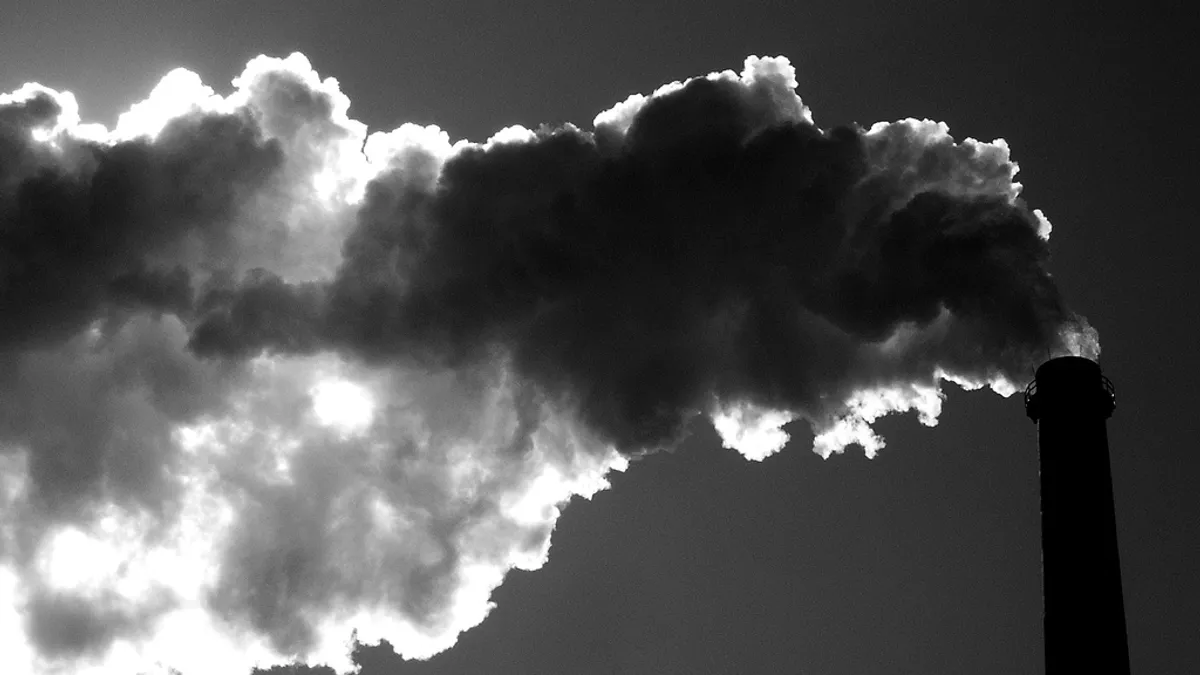Dive Brief:
- Just days before the election, The Seattle Times reports supporters and foes of Washington's proposed carbon tax have ramped up spending in an effort to mobilize voters around a potential first-in-the-nation initiative.
- The most recent poll cited by Ballotpedia, from mid-October, put support at 40%, opposition at 32%, with a sizeable portion of the electorate still undecided.
- It may have been the undecided chunk—28%, according to independent pollster Stuart Elway—which drove about $1.5 million in political donations from both sides, according to the Times. Supporters raked in significantly more funds, however.
Dive Insight:
With the election tomorrow, Washington's carbon initiative is at the top of a short list of energy ballot initiatives the industry will be watching. And supporters and opponents, recognizing opportunity in the undecided voters, have rolled out new media campaigns as the debate's profile has intensified.
The carbon tax is controversial on many fronts. If enacted, it would start at $15/metric ton of emissions in July 2017, rising to $25 in July 2018, and then 3.5% annually until $100. But it has weak support among local advocates, who wanted to see the proposal structured to generate revenue that could be used on clean energy projects.
According to the Seattle Times, in less than a week in late October the opposition movement, No On 732, took in more than a half million dollars. But Audubon Washington is managing a campaign that raised more than $950,000 for a media fight, the newspaper reported.
The ballot initiative has attracted national attention. A New York Times editorial called it "ambitious" and a "viable effort." You can see Audubon's ad in favor of the initiative here, and the opposition ad here.
Initiative 732 supporters say it helps the state attain carbon goals, will lower the sales tax and provides tax credits for low-income families. Opponents argue it will reduce state revenue by $800 million, while adding hundreds of dollars to families' bills.
The initiative is designed to be revenue neutral, though the two sides disagree on whether it is in practice.















